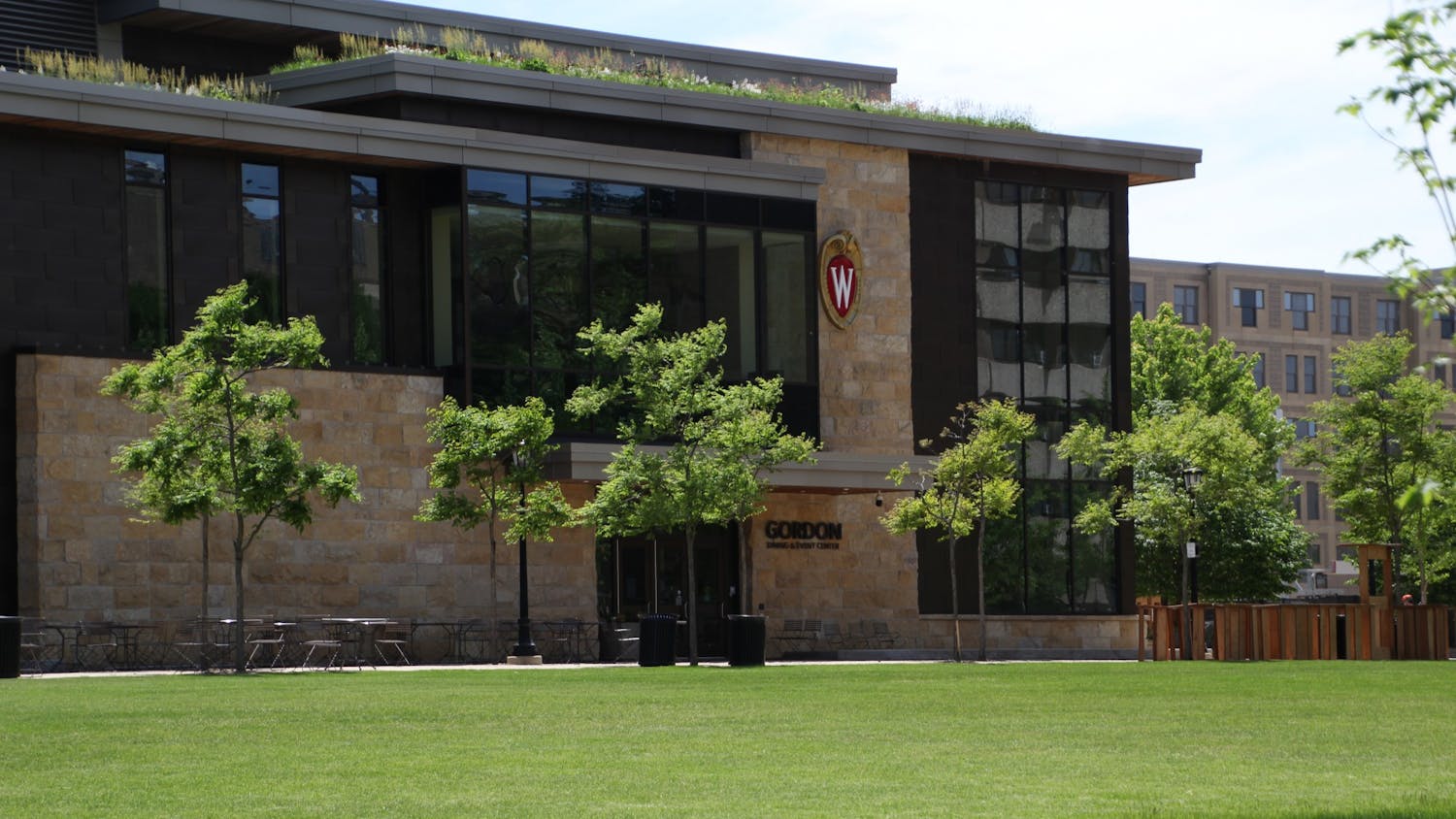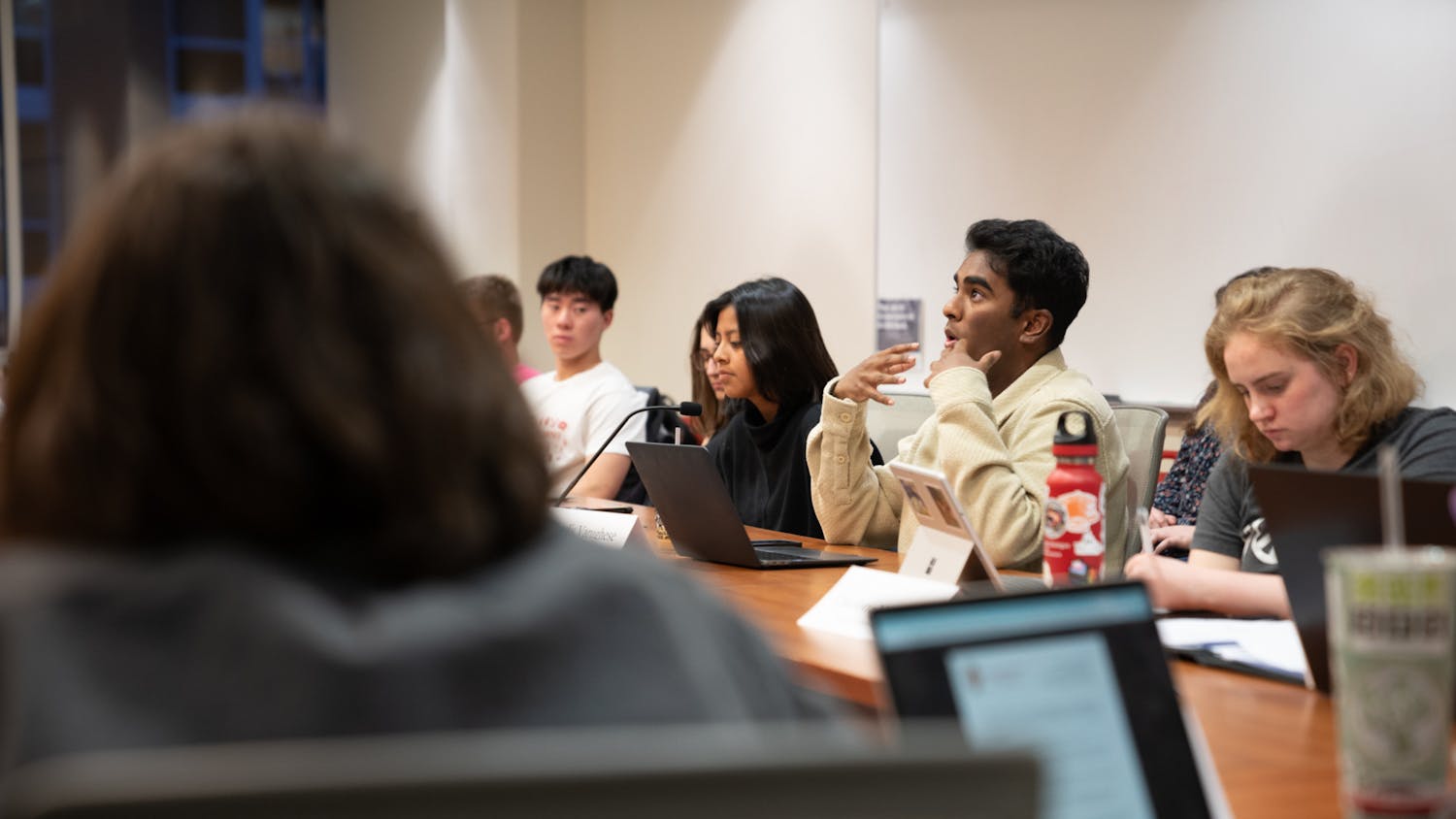Junot D?az, an author known for his fictional works featuring the immigrant experience and his personal racial background, answered questions at Memorial Union Monday as part of the Distinguished Lecture Series.
Díaz writes mostly short stories, and has published two collections: “Drown” and “This is How You Lose Her.” He won the Pulitzer Prize for Fiction for his novel “The Brief Wondrous Life of Oscar Wao” in 2008. He also teaches writing at Massachusetts Institute of Technology and is the fiction editor at Boston Review.
While casually wandering the stage, the author began his time by asking various groups in the audience—including community members, students, Latinos and people from New Jersey, Díaz’s home state—to acknowledge themselves.
Díaz briefly mentioned his thoughts on politics and the absurdity of the ideas of presidential candidates, as seen through his artistic lenses.
“Artists kind of depict that one particular route, which is to be interested in the things that society doesn’t like to talk about,” Díaz said.
Díaz proceeded to read multiple passages from his short story “The Sun, the Moon, the Stars.” The story, much like Díaz himself, contained unfiltered opinions filled with humor and profanity. He then opened the floor to questions from the audience.
Questions arose that asked Díaz how his work was viewed—by him and others—since he is a writer of color.
“The most interesting thing about power is that power denies its own crimes,” Díaz said. “You have to be really deranged to think that this is a system that treats everyone equally.”
Díaz was also asked for advice on how schools with predominantly white populations can represent minority races better.
“The wealth of this country does not belong to a few,” Díaz said. “Universities are expressions of our collective wealth.”
Díaz concluded his talk by encouraging attendees to revolutionize the world by doing daily work.
“Ultimately, the greatest technology we have is a faith, a belief, that with what little we have we can make a better future possible.”






